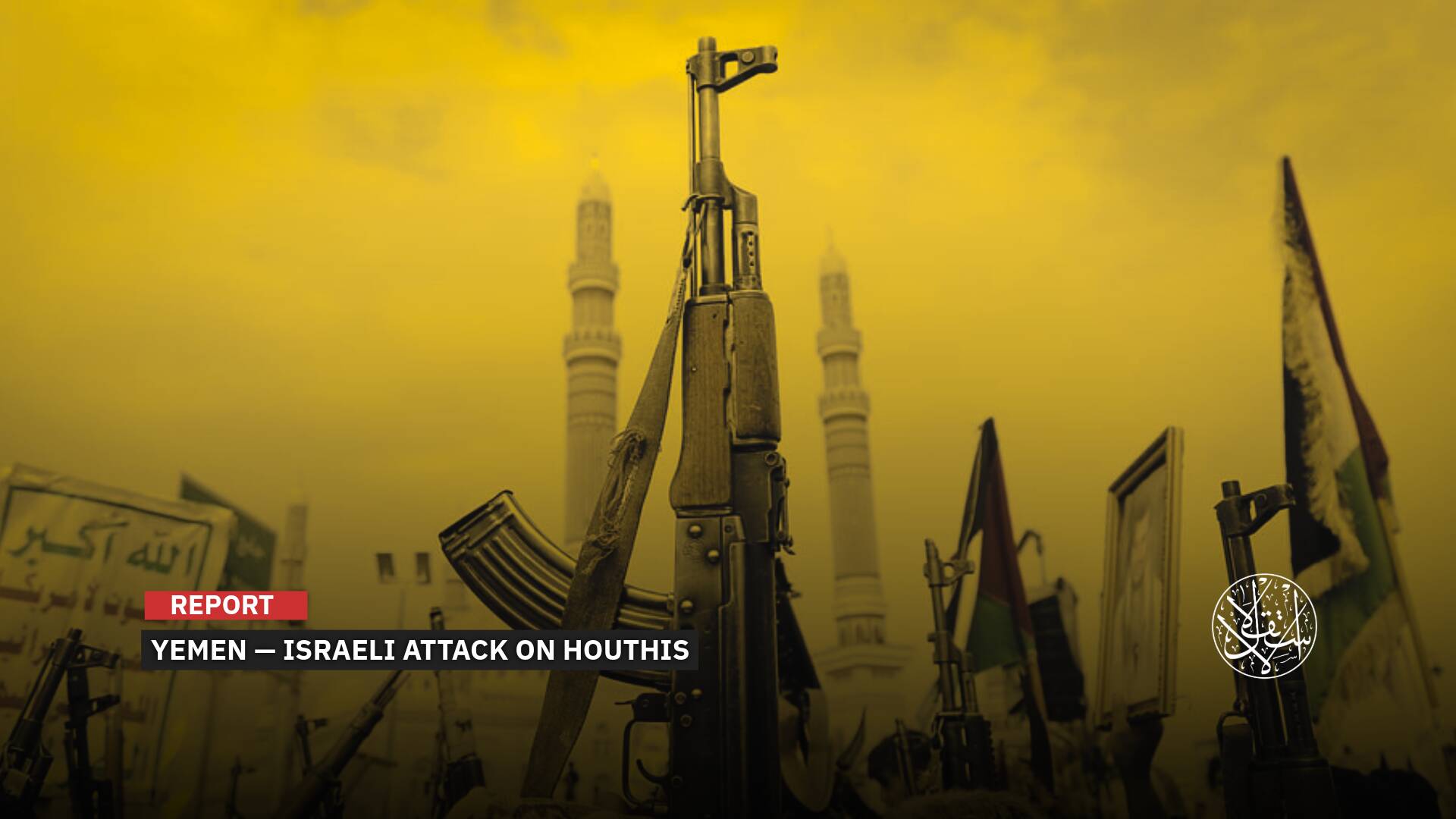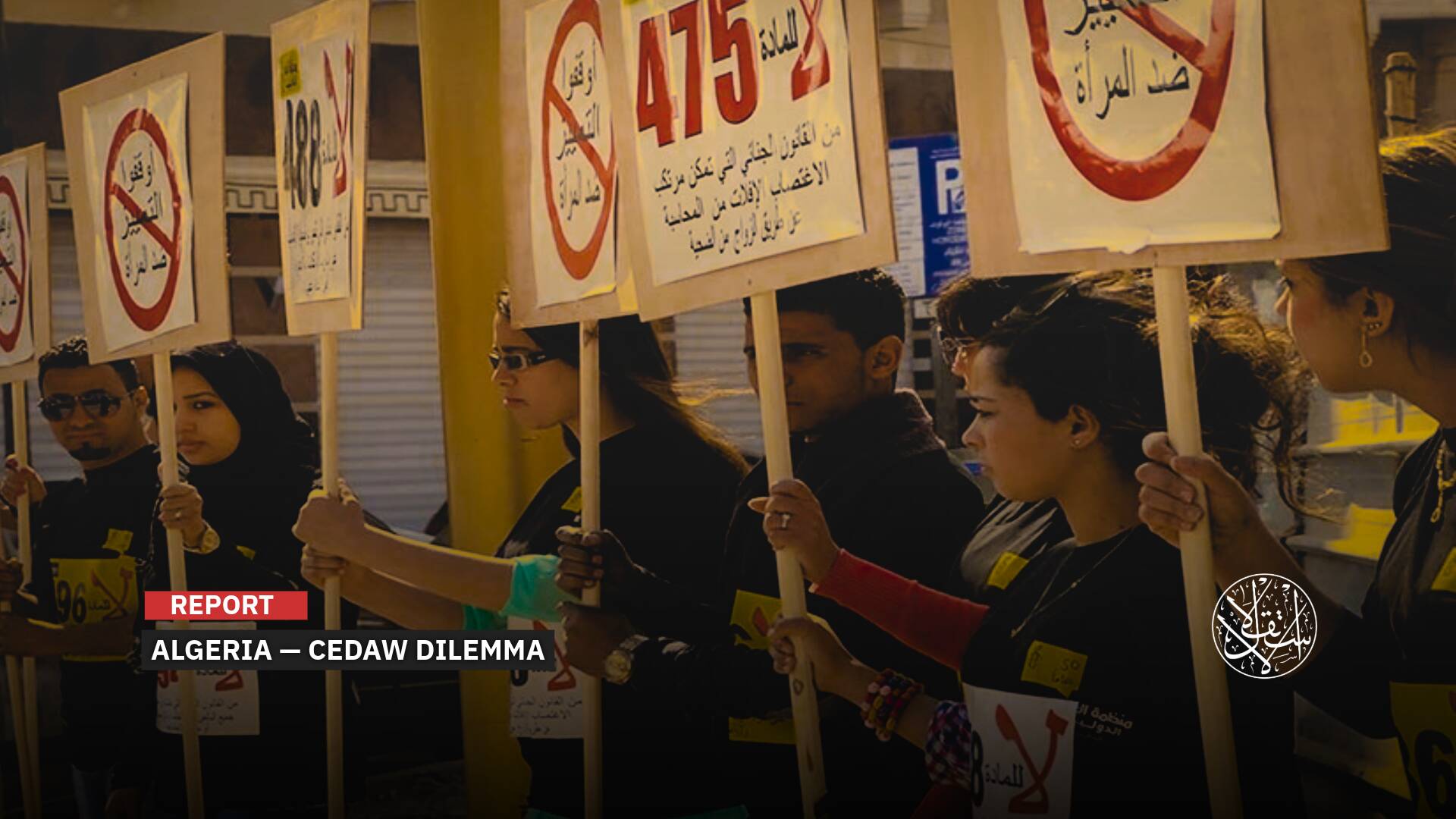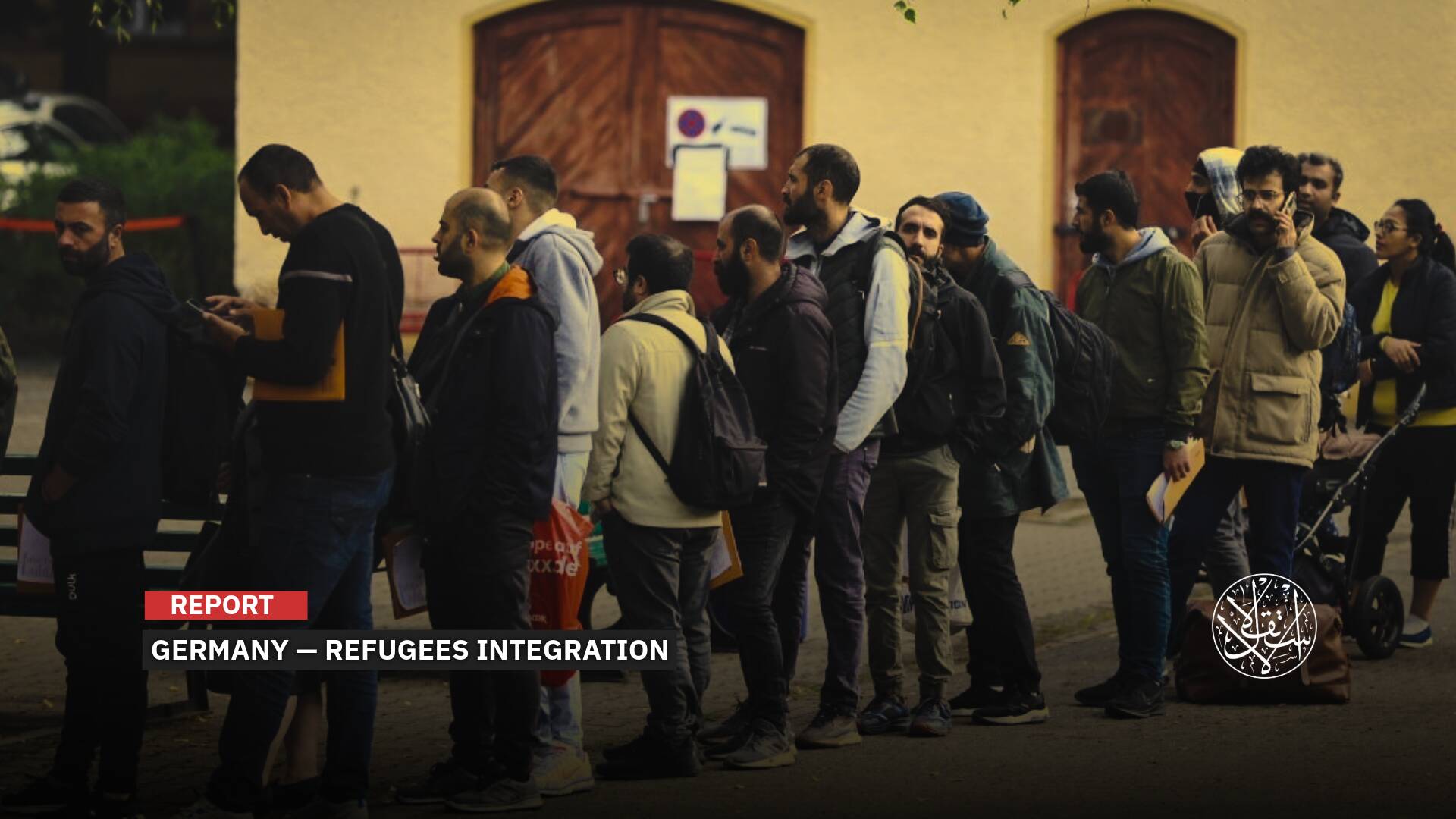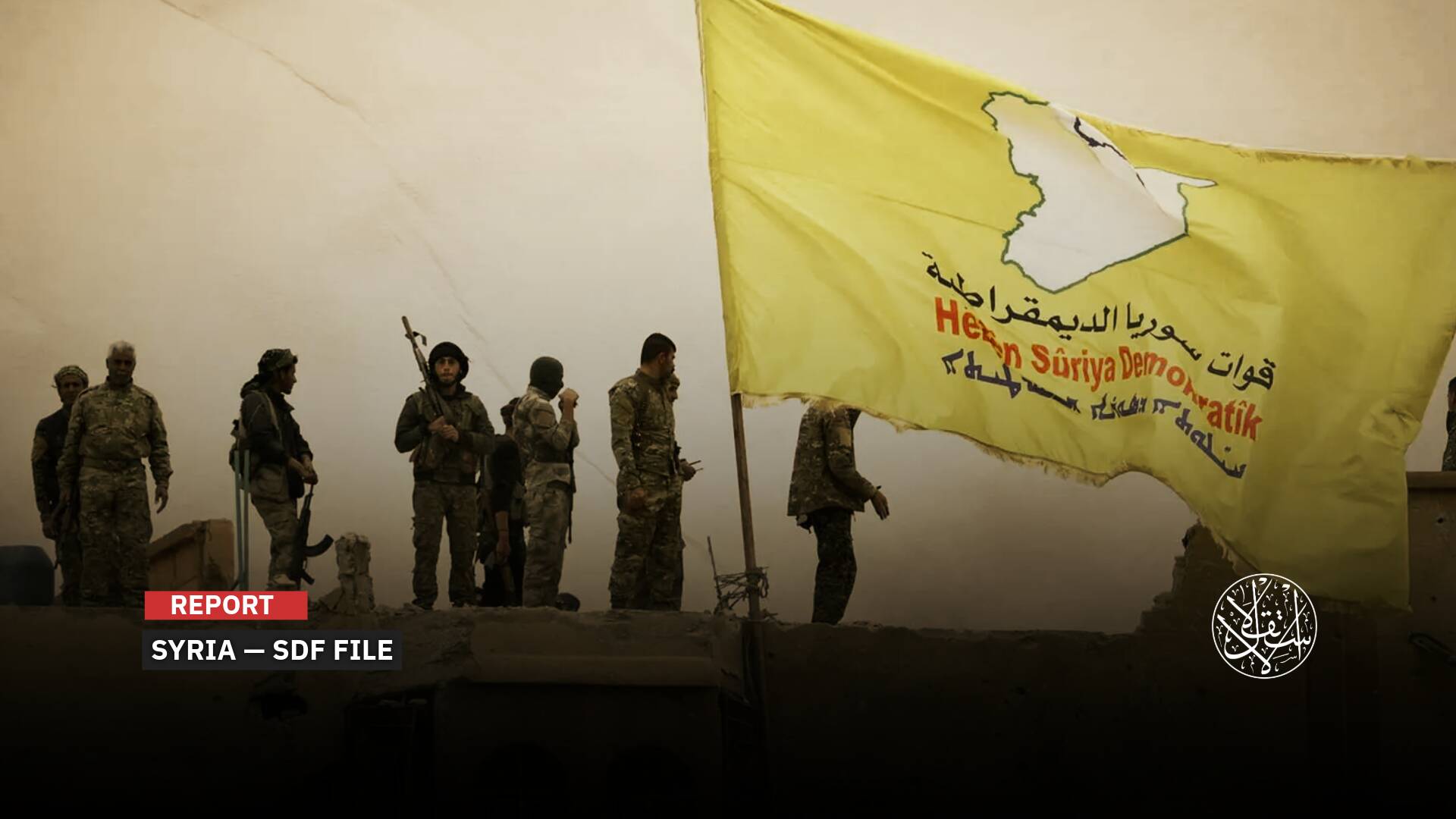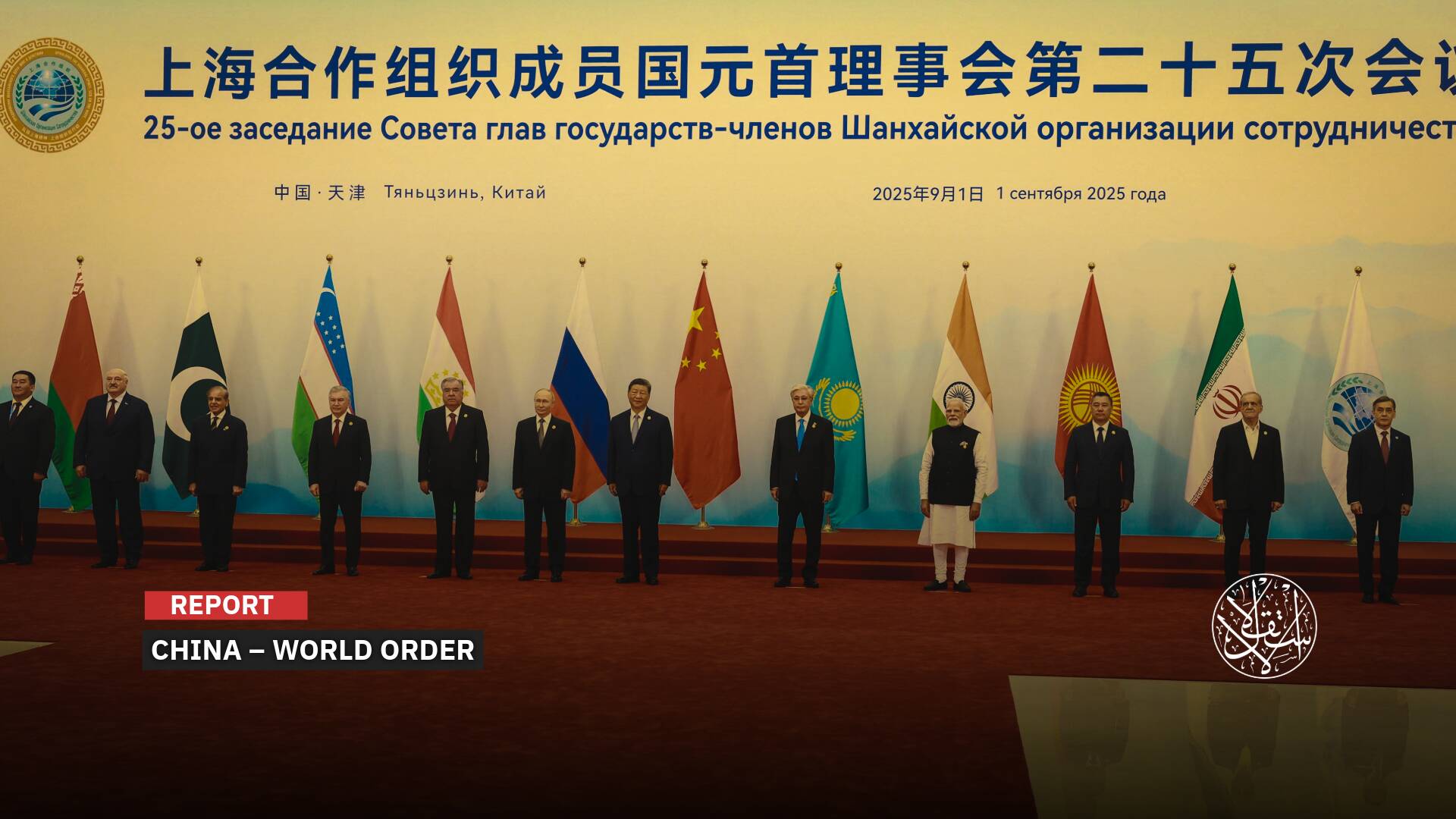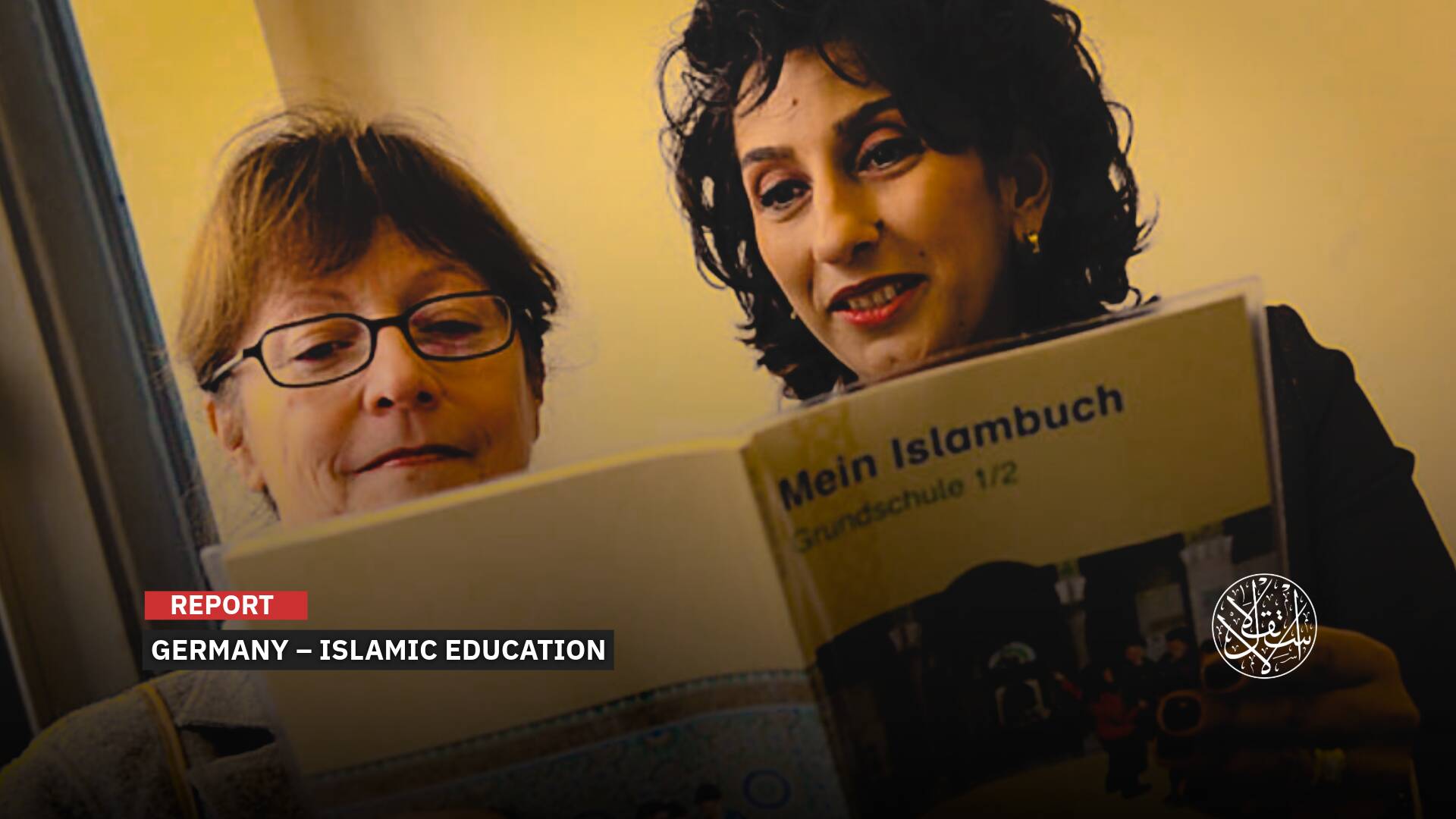Turkiye’s Nuclear Weapons After Iran: Why They Alarm ‘Israel’s’ Far Right
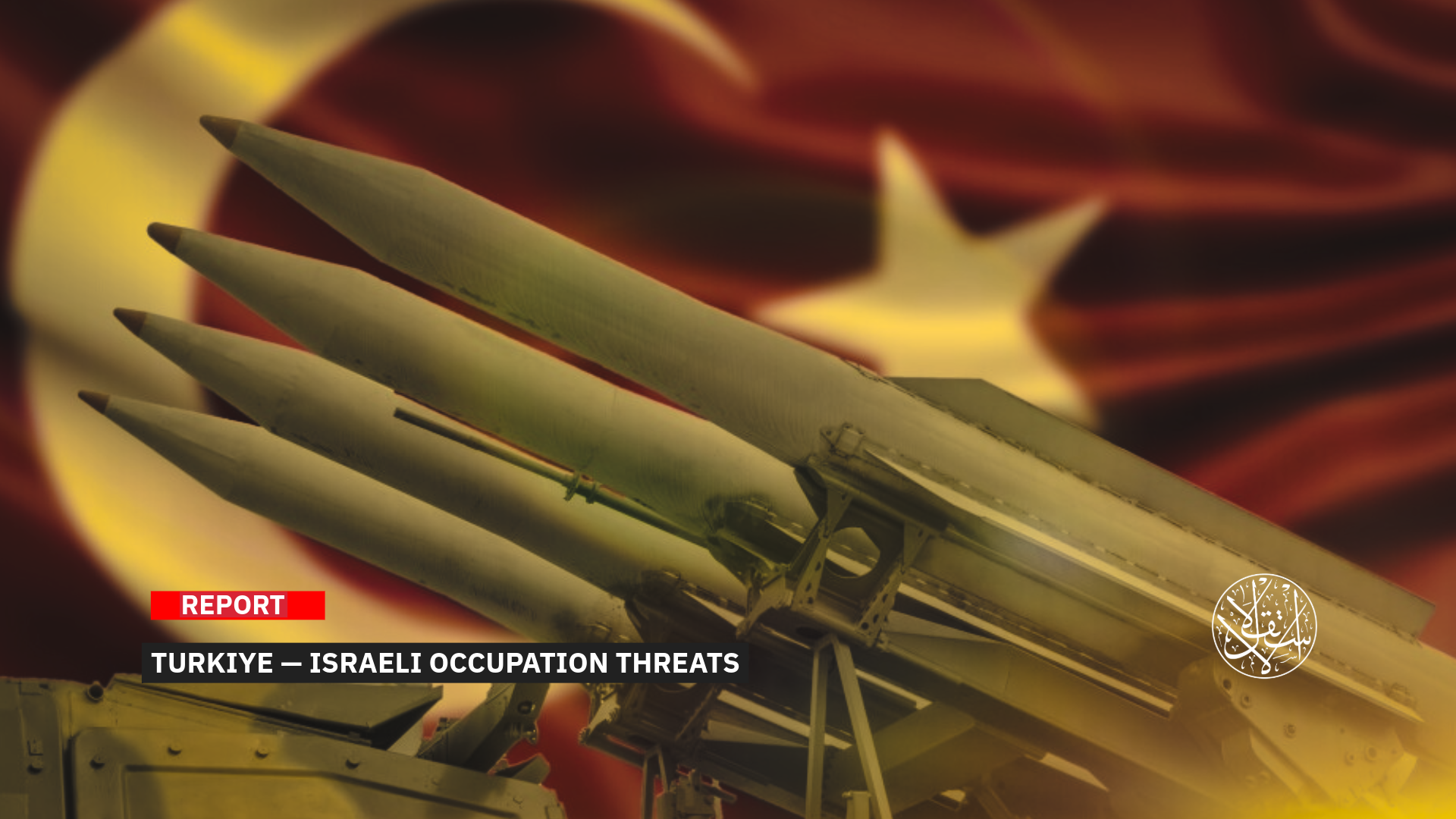
“Should President Recep Tayyip Erdogan continue to call for attacks on the Jewish state, Israel will have no choice but to respond.”
Although Turkiye is not a nuclear state, has only one under-construction nuclear reactor for electricity, and is a signatory to the Non-Proliferation Treaty, “Israel’s” far right has already begun sounding the alarm.
Following the Israeli attack on Iran under the pretext of neutralizing its nuclear ambitions, some voices in “Israel” are now warning that Turkiye could become “the next Iran,” accusing it of harboring similar intentions of acquiring nuclear weapons through its civilian program.
Turkiye is accelerating work on its Akkuyu nuclear power plant—a $20 billion joint project with Russia—and according to the Foundation for Defense of Democracies (FDD), it insists on enriching uranium independently, which recent Israeli assessments interpret as a possible step toward nuclear armament.
Since the Israeli war on Iran, Israeli officials have intensified rhetoric against Turkiye, especially after President Erdogan stated on July 9, 2025: “I do not accept that Israel is the only country in the region with nuclear weapons.”
Erdogan had also voiced similar concerns in 2019, questioning why Turkiye is pressured not to seek nuclear arms while Israel possesses nuclear-tipped missiles—saying bluntly: “This, I cannot accept.”
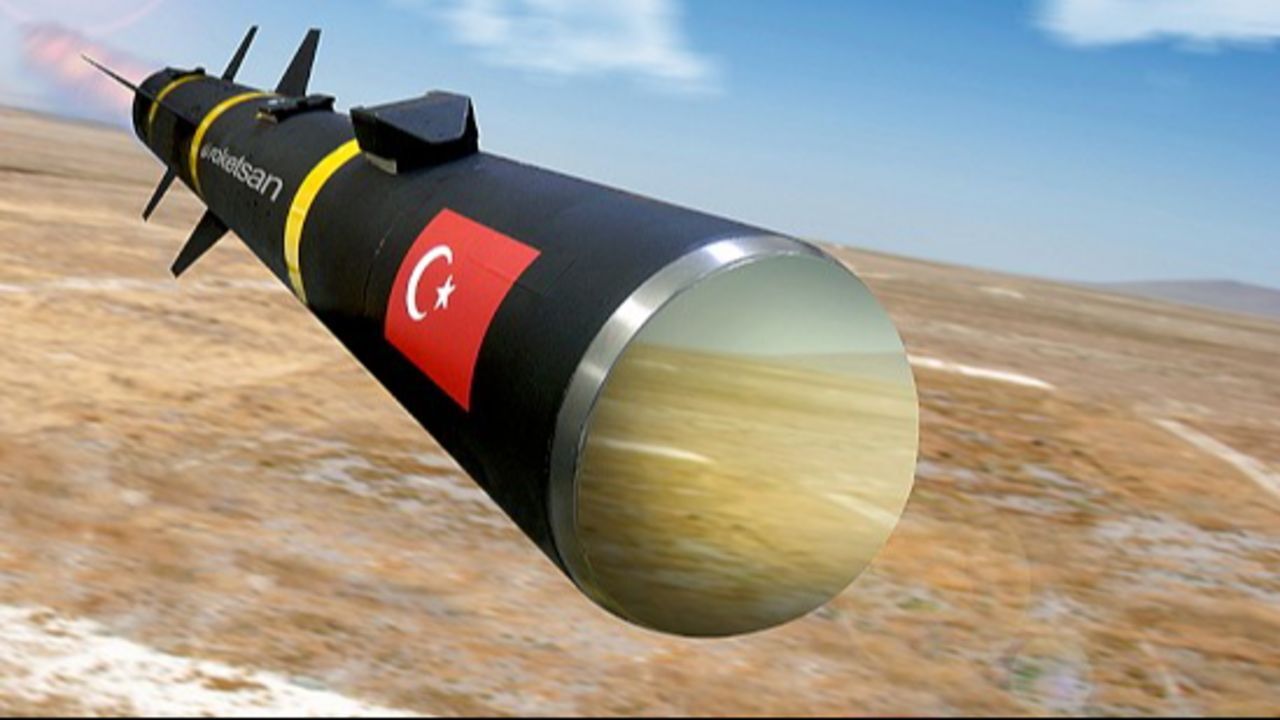
The Roots of Israeli Concern
Following the Israeli aggression on Iran, Turkish President Recep Tayyip Erdogan issued a decree on June 18, 2025, to expand production of medium- and long-range missiles.
“We are making production plans to bring our medium- and long-range missile stockpiles to a level that ensures deterrence, in light of recent developments,” Erdogan said following a Cabinet meeting.
“God willing, in the not-too-distant future, we will reach a defense capacity that is so strong that no one will even dare to act tough toward us,” Erdogan said.
In response, Israeli newspapers voiced concern that Turkiye may be focusing on long-range missile development in order to eventually equip them with nuclear warheads—especially given Erdogan’s earlier statement from September 5, 2019, in which he criticized Israel’s possession of nuclear-tipped missiles while Turkiye is not allowed to obtain them.
Israeli analyst Shay Gal, writing in Israel Hayom on July 7, 2025, warned of what he called “the Turkish nuclear threat,” which he claimed might be no less dangerous to “Israel” than Iran’s. With its military doctrine of the ‘Blue Homeland’ and strategic ties to nuclear-armed states like Pakistan, Turkiye is walking the same path as Iran—except from within NATO. It exploits its membership as a shield and enjoys protections Iran never had, according to Gal.
He also revealed that “Israel” is already deepening its security partnerships with Greece, Cyprus, Egypt, and the UAE, viewing the Turkish threat as potentially greater than that of Iran.
There are also growing Israeli fears that Turkiye could repeat the Iranian scenario: converting a civilian nuclear program into a military one. Analysts warn that Ankara may leverage international networks—including Pakistan, which could provide nuclear materials, and Somalia, where Turkiye allegedly maintains covert bases beyond Western scrutiny.
Western assessments have noted that if “Israel” succeeds—alongside the U.S.—in crippling Iran’s nuclear ambitions, other governments in the Middle East, including Turkiye, could soon face new “serious challenges.” That was the warning carried by The New York Times.
These concerns stem from the expansionist ambitions of ruling elites with religious-nationalist ideologies, including in Turkiye. Netanyahu himself warned of “the return of the Ottoman Empire.”
On September 8, 2024, Hayrettin Karaman—a close advisor to Erdogan—published an article in Yeni Safak asserting that Turkiye must pursue nuclear capabilities to confront “Israel” and establish deterrence against its adversaries.

Quiet Steps
A report published by the Washington-based Foundation for Defense of Democracies (FDD) on February 5, 2025, claimed that Ankara is quietly and deliberately advancing toward the production of enriched uranium fuel—used for both civilian nuclear reactors and nuclear weapons.
In October 2024, Turkish Foreign Minister Hakan Fidan and Intelligence Chief Ibrahim Kalin visited Niger and signed a provisional mining deal with the ruling military junta. Analysts at FDD interpreted the move as a strategic effort by Turkiye to secure access to uranium—potentially paving the way for developing a full fuel cycle capable of producing enriched uranium.
“Turkiye is a signatory to the Treaty on the Non-Proliferation of Nuclear Weapons (NPT). It has long suggested all countries retain a ‘right to enrich’ uranium, even though such a right is not explicitly delineated in the NPT,” the report added.
Another report by the pro-”Israel” International Affairs Review (IAR) in September 2024 claimed that Erdogan’s nuclear ambitions pose a threat to regional stability. A nuclear-armed Turkiye, according to the report, could fulfill Erdogan’s dream of resurrecting a grand Turkish empire and reviving Ottoman glory. It warned that the threat posed by Turkish nuclear capabilities cannot be ignored.
On December 16, 2024, Michael Rubin, a fellow at the American Enterprise Institute, published an article on AEI’s website provocatively asking: Should Israel Attack Turkiye’s nuclear plant before it becomes operational in 2025?
He alleged the Akkuyu plant poses a grave risk to Europe since it’s built in an earthquake-prone zone, but claimed the far greater threat is Turkiye using the plant to extract fissile material for nuclear weapons.
Rubin compared Turkiye’s Akkuyu facility to Iran’s civilian reactor in Bushehr, which he argued had been used as “a cover to acquire and divert goods to a covert program.”
The analyst, known for his pro-”Israel” stance, openly incited action against the plant, writing: If Turkiye becomes nuclear, it “will forever change the dynamics of the region. Turkiye is both an irredentist power, openly challenging century-old agreements that define its borders and a terror sponsor in all but designation. Erdogan openly supports both Hamas and Hay’at Tahrir al-Sham, and there is ample evidence that he has also assisted both Al Qaeda affiliates in Syria and the Islamic State.”
“If Turkiye gains a nuclear weapon, it might not only make good on its threats against other regional states, but it could also feel itself so immune behind its own nuclear deterrent that it could increase its terror sponsorship without fear of retribution or accountability.”
According to Rubin, “such policy concern mirrors that with which many Western countries consider the possibility of Iranian nuclear acquisition.”
“Should President Recep Tayyip Erdogan continue to call for attacks on the Jewish state, Israel will have no choice but to respond.”
Rubin argued that striking Turkiye’s nuclear facility might even be easier, since “Israel” has F-35 jets and wouldn’t need to fly over intermediary states; cyberattacks could also be a viable option.
“Israel may be the boldest, but it is not the only country not to want to live in a world with a nuclear Turkiye. Other NATO countries, including the United States, also have reason to fear Turkiye’s nuclear program. Many NATO countries—Sweden and Finland especially—have every reason to rake Turkiye over the coals,” he concluded.
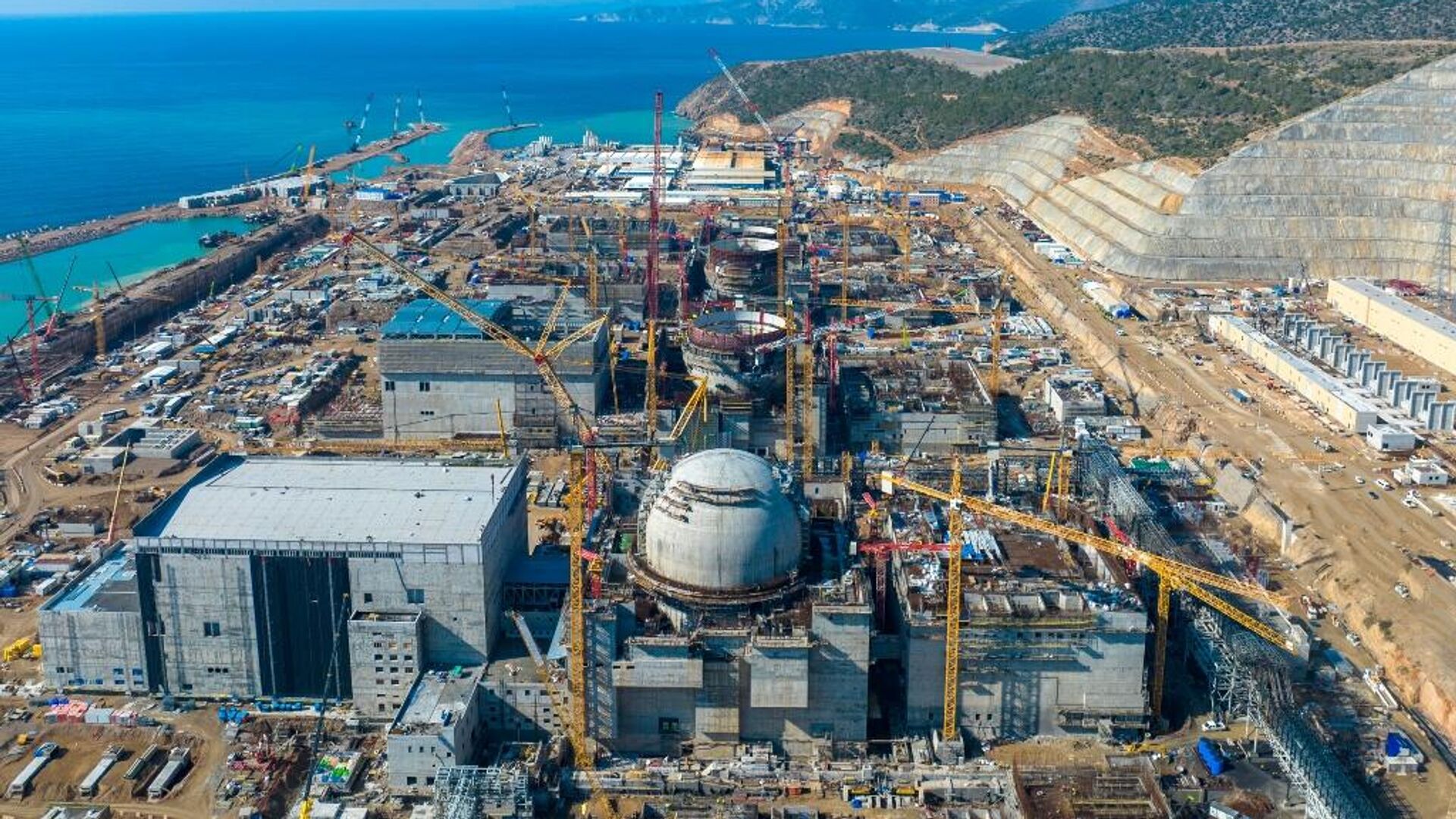
‘Beware of Turkish Nuclear Weapons’
What’s striking is how several Western think tanks have begun echoing Israeli alarmism—despite the fact that Turkiye currently has no operational uranium enrichment facilities.
Back on February 15, 2012, the Carnegie Endowment published a report stating that the likelihood of Turkiye acquiring a nuclear weapon is low, but not impossible.
The New York Times, on October 19, 2019, went further—claiming the Erdogan government’s ultimate goal is to build a nuclear weapon, and that Turkiye had already begun pursuing this path some time ago.
In 2014, Germany’s Die Welt published an article by Hans Ruhle, a former official at the German Ministry of Defense, in which he defended Germany’s controversial surveillance of Turkiye by saying the real objective was “to monitor Turkiye’s nuclear project.”
According to Ruhle, German intelligence is convinced that Turkiye already has an active nuclear weapons program, and after extensive investigation, concluded that Turkish companies have played a key role in assisting Pakistan’s nuclear efforts.
These companies were reportedly importing materials on Pakistan’s behalf, manufacturing components for centrifuges, and delivering them directly to Islamabad.
The International Institute for Strategic Studies (IISS) in London also weighed in. In a 2007 book titled “Nuclear Black Markets: Pakistan, A.Q. Khan, and the Rise of Proliferation Networks,” the institute claimed that a nuclear shipment ended up in Turkish hands in 2003.
The book alleged that Turkiye has a large number of centrifuges and enough technical expertise to establish a functioning nuclear program in the near future.
Sources
- Erdogan’s Ambitions Go Beyond Syria. He Says He Wants Nuclear Weapons.
- Turkey is the new Iran
- Q. Has Turkey taken any steps to acquire nuclear weapons?
- Turkey and the Bomb
- Should Israel Attack Turkey’s Nuclear Plant?
- Erdogan says Israel-Iran war near ‘point of no return,’ vows to boost missile production
- A Look Upon Turkey’s Future Nuclear Weapons Policy
- Erdogan: Turkiye Is Under Pressure Over Nuclear Weapons [Arabic]



